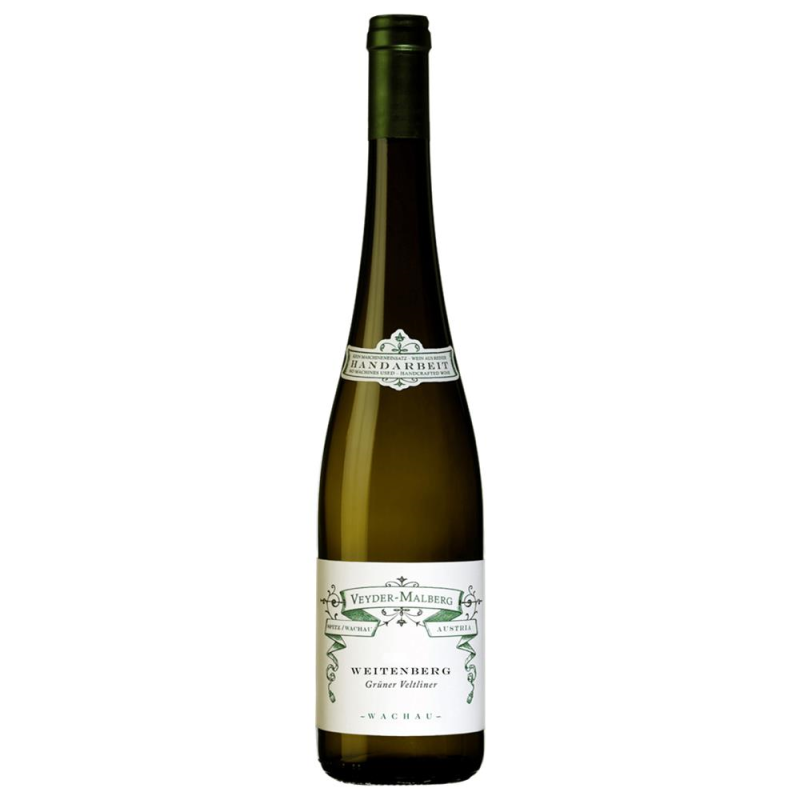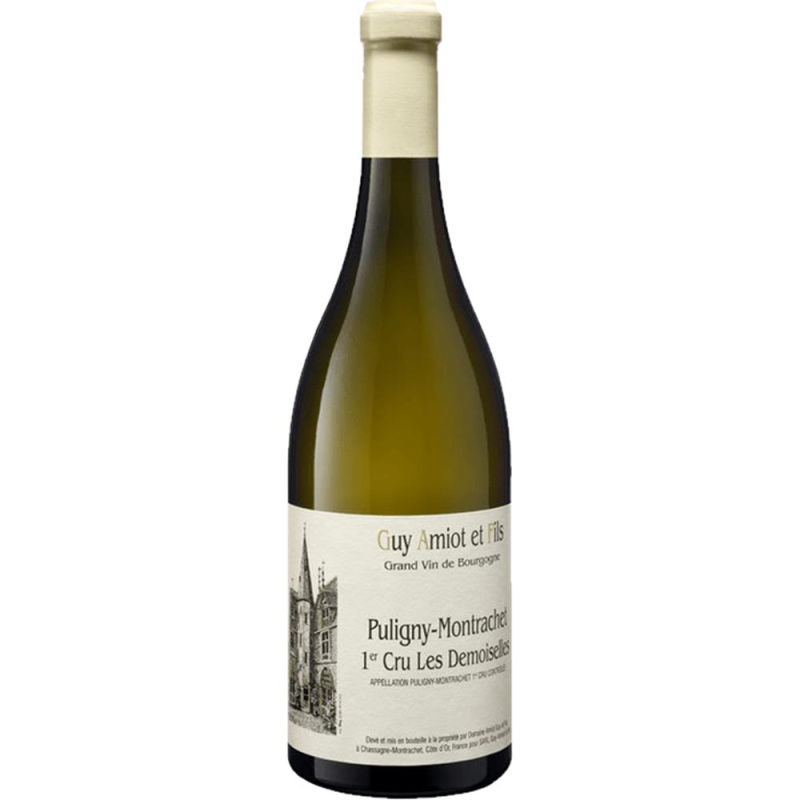Image for illustration only. Capsule and label may vary.
Pierre Yves Colin Morey
En Remily 2019
353,33€ / l
incl. VAT plus Shipping Costs
Pierre Yves Colin Morey En Remily Chardonnay 2019 0,75
Your wine moment is approaching: From 12:00 our riders take off. Pre-order now and enjoy later with ease. 🍷
2 in stock
 Deutsch
Deutsch




Reviews
There are no reviews yet.